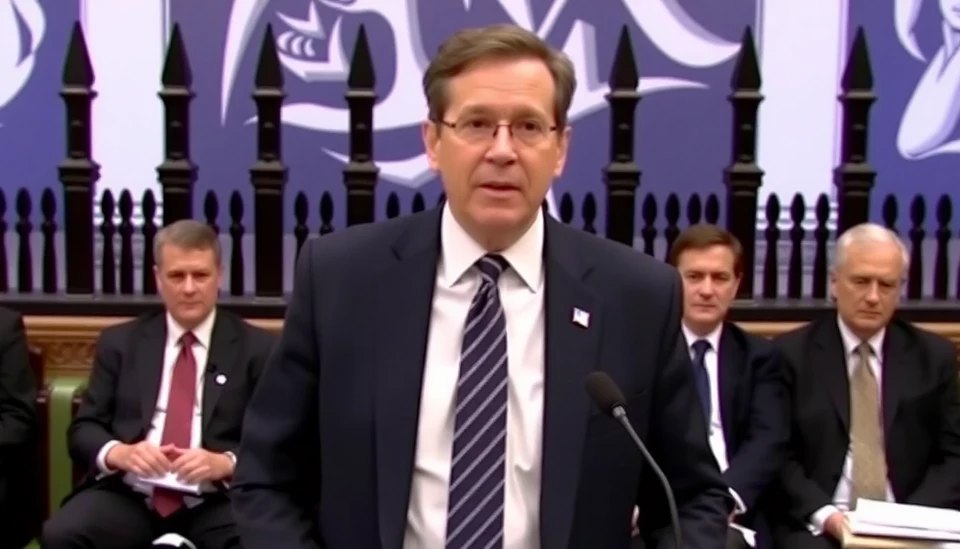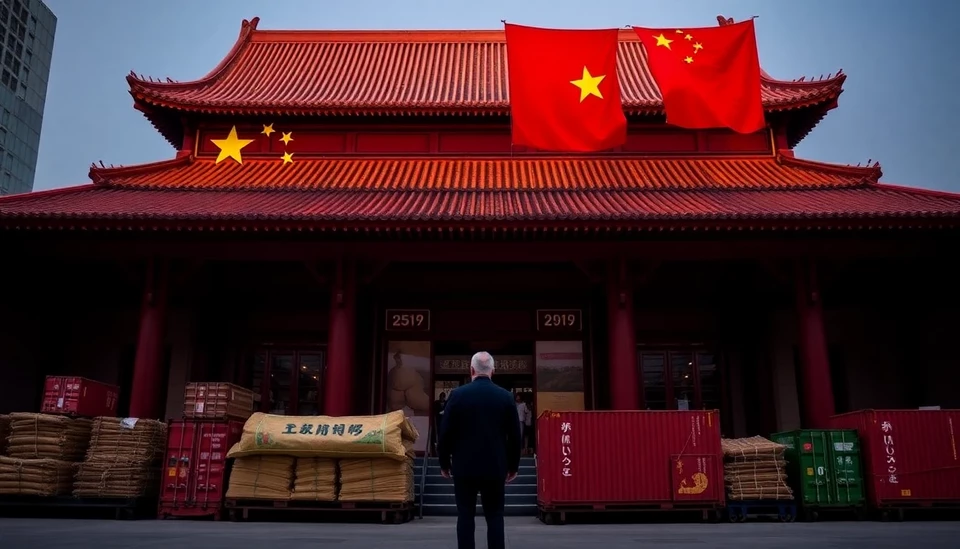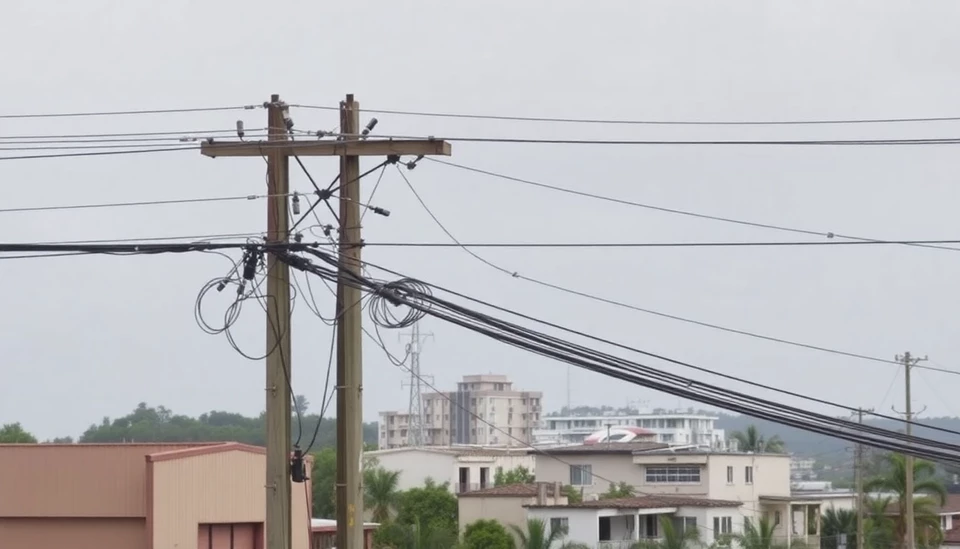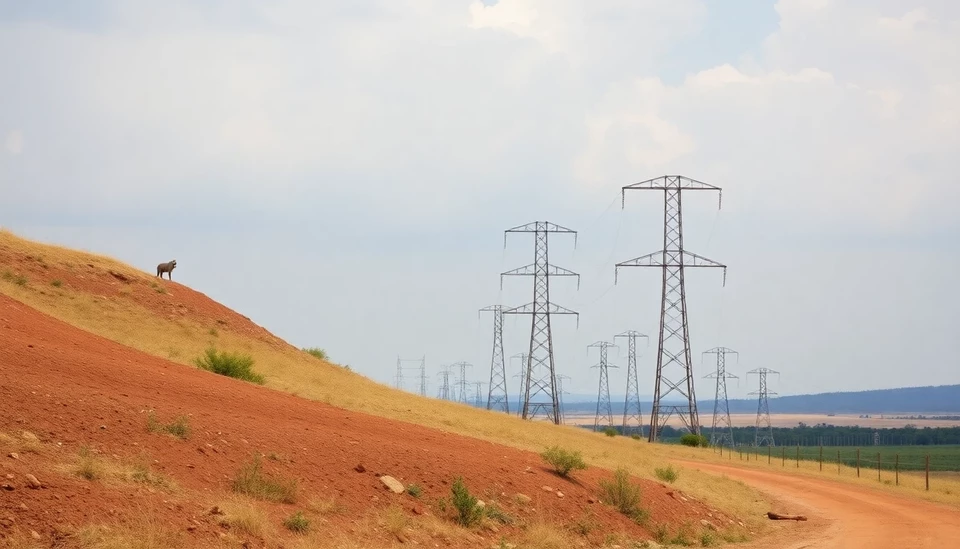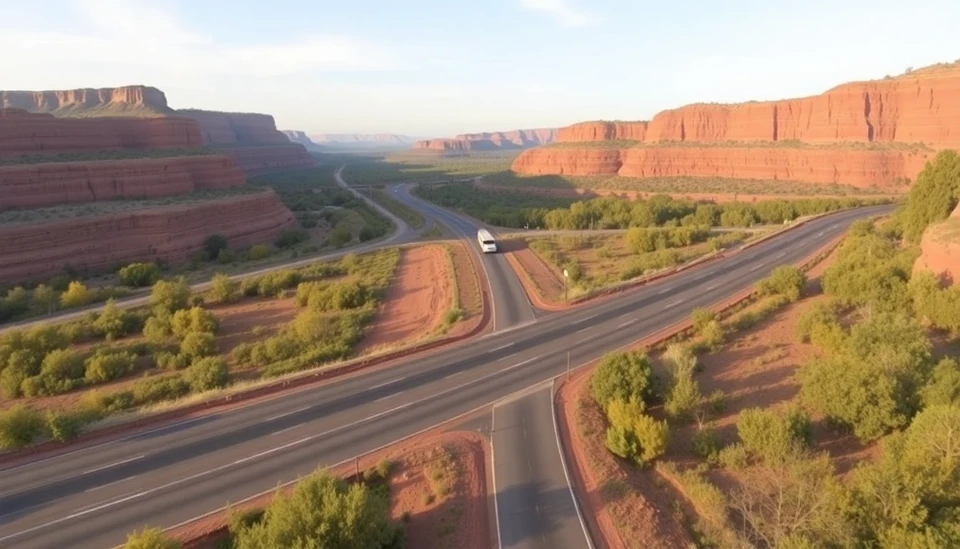
In a surprising twist for drivers and environmentalists alike, several Republican-led states are undertaking significant road expansion projects, showcasing a blend of traditional infrastructure development and modern green initiatives. While road expansions have often been synonymous with increased automobile dependency and environmental degradation, these projects are being touted by officials as an opportunity to create new jobs and stimulate local economies while integrating sustainability into their transportation frameworks.
Texas and Florida are two prime examples where the balance between road development and environmental stewardship is being aggressively pursued. In Texas, the state is pushing forward with its ambitious highway expansion plans that not only aim to ease congestion but also include provisions for electric vehicle charging stations. This approach is part of a broader effort to accommodate a rapidly growing population while addressing climate change concerns. Similarly, Florida has initiated road upgrades that incorporate bike lanes and pedestrian pathways, encouraging alternative modes of transport and reducing carbon footprints.
The shift in strategy is notable given the historical hesitance of some red states to embrace the green narrative. Traditionally viewed as a domain for blue states, green infrastructure has earned newfound traction in states that prioritize both economic growth and environmental responsibility. Lawmakers argue that by building more roads in an eco-friendly manner, they can ensure increased connectivity without sacrificing the health of the environment.
Funding for these projects is expected to come from a combination of federal infrastructure funds and state budgets, marking a significant turning point in how infrastructure investments are typically approached in conservative states. By executing these expansions with a greener perspective, leaders aim to not only modernize dilapidated road systems but also create a blueprint for sustainable development that could influence future policy across the nation.
Critics, however, remain cautious. Some warn that the emphasis on road expansion may inadvertently perpetuate car-centric lifestyles instead of encouraging public transportation options or greener alternatives. Additionally, there are concerns about the long-term environmental impact of expanding highway systems, even when incorporating eco-friendly designs. The debate continues as communities grapple with the best methods to foster growth without compromising the integrity of their natural surroundings.
In summary, the marriage of road expansion projects and green initiatives in traditionally conservative areas highlights a significant evolution in infrastructure planning. As more states look to integrate sustainability into their development strategies, the implications for both local economies and environmental health will undoubtedly provoke discussion and debate for years to come.
Overall, these developments reflect a growing recognition that the future of transportation must incorporate both economic and environmental considerations—a challenge that red states are now taking head-on.
#Infrastructure #Sustainability #GreenInitiatives #RoadExpansion #Texas #Florida #ClimateChange #EconomicGrowth
Author: Peter Collins

